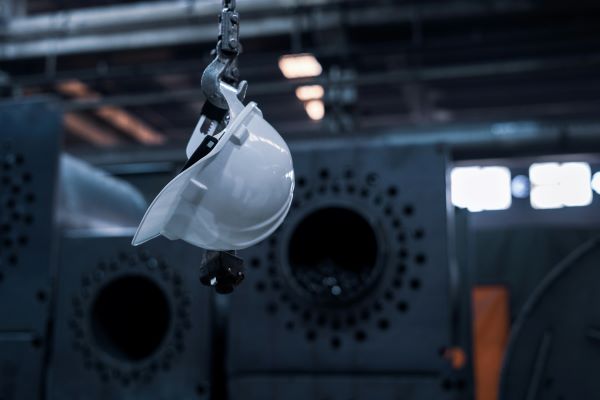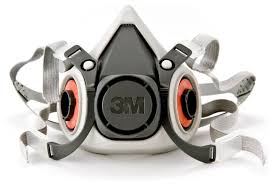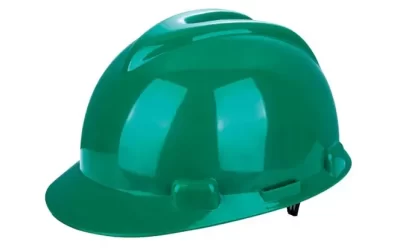Industrial workplaces—factories, construction sites, warehouses, and processing plants—are engines of economic growth. However, they also expose workers to numerous hazards: heavy machinery, chemicals, electrical systems, heights, fire risks, and more. That’s why industrial safety is not just an option—it’s a necessity.
In this post, we’ll explore:
-
Why safety is important in the industrial sector
-
The consequences of ignoring safety protocols
-
Benefits of a strong industrial safety program
-
Key safety measures industries should adopt
🔹 Why Safety Is Important in Industry
1. To Prevent Workplace Accidents and Injuries
Industrial settings are high-risk environments. Without proper safety precautions, employees are vulnerable to:
-
Cuts, fractures, and burns
-
Electric shocks
-
Chemical exposure
-
Slips and falls
-
Machine-related injuries
A strong safety culture helps reduce these incidents through training, equipment safety, PPE, and hazard controls.
2. To Save Lives
In extreme cases, accidents in industrial environments can be fatal. Safety measures such as emergency exits, fire suppression systems, and proper machine guarding can mean the difference between life and death.
Every life matters. Preventing fatalities is the most important reason why industrial safety is essential.
3. To Ensure Compliance With Legal and Regulatory Standards
In Kenya and globally, employers are legally required to provide a safe working environment. Laws such as:
-
The Occupational Safety and Health Act (OSHA), 2007 (Kenya)
-
Factories and Other Places of Work Rules
-
Work Injury Benefits Act (WIBA)
…require employers to assess risk, provide safety equipment, and train workers on safety practices. Non-compliance can result in:
-
Fines and penalties
-
License revocations
-
Lawsuits or criminal charges
4. To Reduce Costs From Accidents and Injuries
Industrial accidents can be extremely expensive due to:
-
Medical expenses
-
Workers’ compensation
-
Equipment damage
-
Downtime or shutdowns
-
Legal fees
Investing in safety may cost money upfront, but it drastically reduces long-term financial loss.
5. To Boost Employee Morale and Productivity
Employees who feel safe are:
-
More confident in their roles
-
Less likely to quit
-
More focused and efficient
A safe workplace shows that management values its workers, which builds trust and loyalty.
6. To Maintain Reputation and Brand Image
Frequent accidents or deaths in a company’s record can destroy its reputation. Industrial clients, partners, and customers avoid businesses known for endangering workers. A safe workplace builds:
-
Trust from stakeholders
-
Social credibility
-
Long-term client partnerships
🔹 Why Industrial Safety Is Necessary: Case Examples
Example 1: Chemical Industry
In industries dealing with dangerous chemicals, lack of PPE and ventilation can lead to chemical burns, respiratory issues, or explosions. Strict safety protocols are essential to handle, store, and dispose of chemicals properly.
Example 2: Construction Industry
Falls from heights are a major cause of death in construction. Safety nets, harnesses, scaffolding inspection, and helmet use are crucial to protect lives on site.
Example 3: Manufacturing Industry
Heavy machines without proper guarding can lead to amputation injuries. Lockout-tagout procedures and machine safety protocols are necessary.
🔹 Key Components of Industrial Safety
-
Risk Assessment: Identify hazards and evaluate their severity.
-
Use of PPE: Personal protective equipment like helmets, gloves, and goggles.
-
Training & Awareness: Educate workers on safety procedures and emergency responses.
-
Maintenance: Keep equipment in good working condition to prevent malfunctions.
-
Emergency Plans: Fire exits, drills, and first-aid availability.
-
Clear Signage: Mark dangerous zones, emergency exits, and safety instructions.
-
Supervision and Enforcement: Appoint safety officers and enforce rules.
🔹 Safety in Kenyan Industries: The Current Landscape
In Kenya, many industrial workplaces are rapidly modernizing but may still lag behind in implementing safety practices due to:
-
Budget constraints
-
Lack of training
-
Limited access to proper PPE
However, government agencies like DOSH Kenya (Directorate of Occupational Safety and Health) are cracking down on non-compliance. Companies that invest in safety are more likely to win tenders, attract international clients, and grow sustainably.
🔹 Long-Term Benefits of Industrial Safety
-
🔒 Fewer accidents, reduced legal exposure
-
💼 Lower employee turnover and absenteeism
-
📈 Increased productivity and output
-
🧩 Better operational efficiency
-
🌍 Stronger corporate social responsibility (CSR) image
🔹 Where to Get Safety Equipment in Kenya
If you’re looking to improve industrial safety at your facility, Kejani Cleaning & Safety Supplies offers:
-
Hard hats, safety gloves, and steel-toe boots
-
High-visibility vests and overalls
-
Gas masks and chemical respirators
-
Fall protection gear and harnesses
-
Safety signage and spill kits
Final Thoughts
Industrial safety is not a cost—it’s an investment. It protects your people, your profits, and your business future. In an economy where productivity and compliance are key, safety gives you a competitive edge.




0 Comments